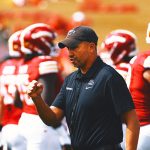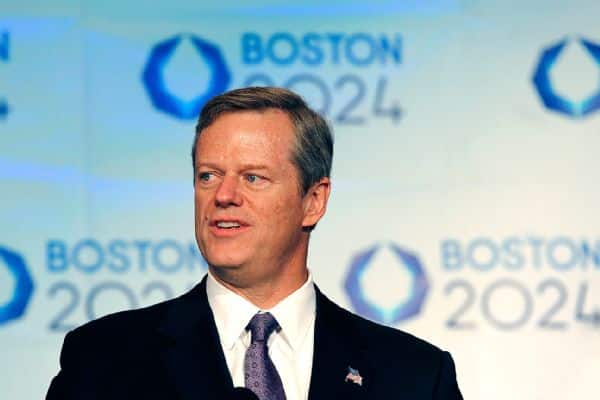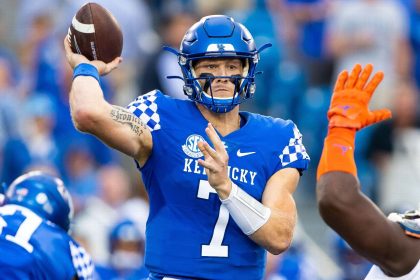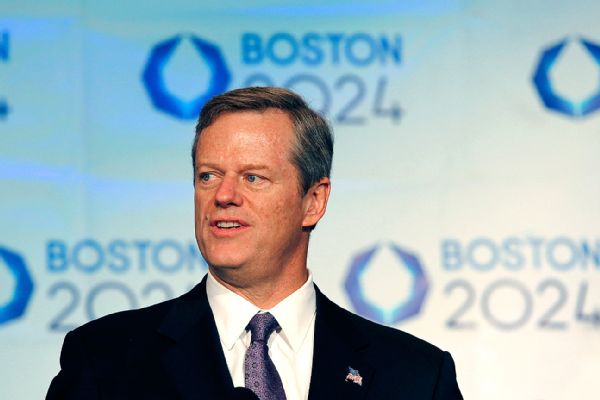
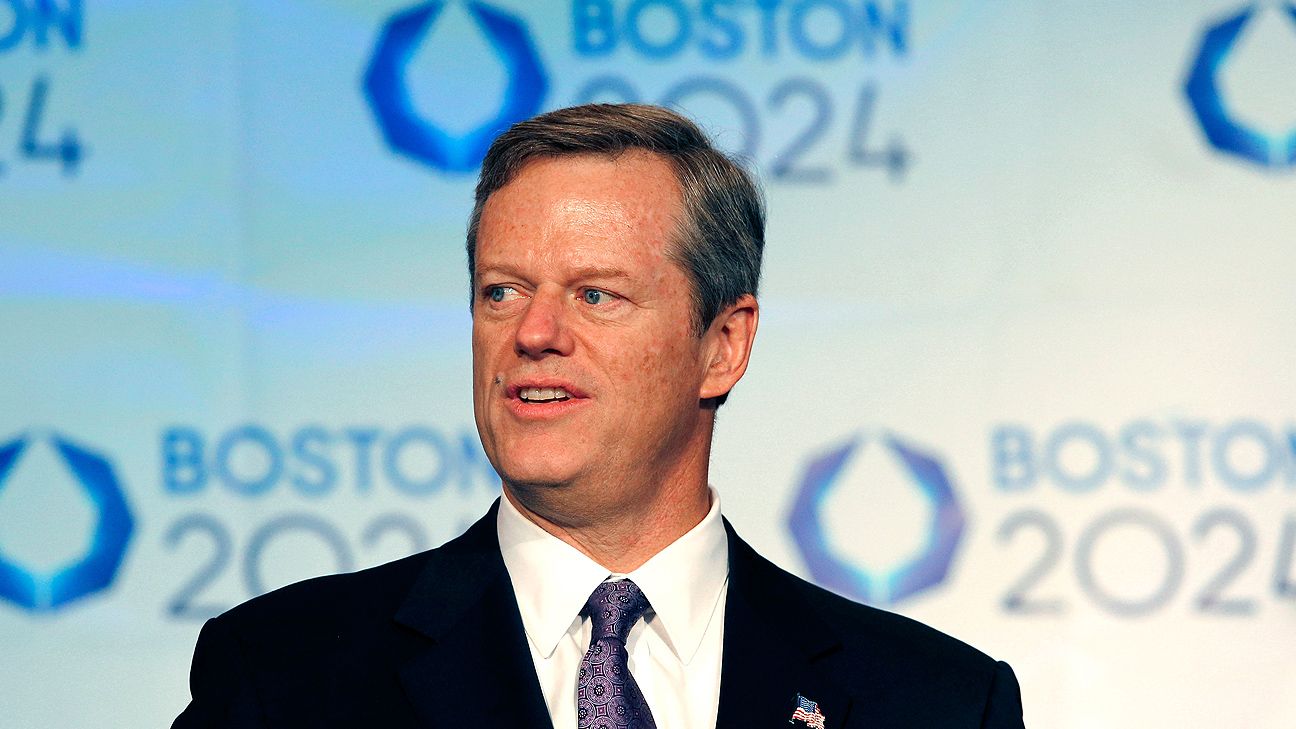
The NCAA has selected Massachusetts Gov. Charlie Baker as its next president, succeeding Mark Emmert.
Baker, a Republican who has been governor since January 2015 but will conclude his second term in January, will begin his new post March 1. He played power forward for Harvard’s basketball team during the 1977-78 season, but has no previous collegiate administrative experience. He has spent most of his career in Massachusetts state government but spent a decade in health care administration. Baker, 66, holds degrees from both Harvard and Northwestern.
In April, Emmert announced he would be stepping down. He has led the NCAA since November 2010 and in April 2021 had his contract extended through 2025. Emmert will remain in an advisory role until June.
“We are excited to welcome Governor Charlie Baker to the NCAA and eager for him to begin his work with our organization,” Linda Livingstone, Baylor University president and chair of the NCAA Board of Governors, said in a statement. “Governor Baker has shown a remarkable ability to bridge divides and build bipartisan consensus, taking on complex challenges in innovative and effective ways. As a former student-athlete himself, husband to a former college gymnast, and father to two former college football players, Governor Baker is deeply committed to our student-athletes and enhancing their collegiate experience. These skills and perspective will be invaluable as we work with policymakers to build a sustainable model for the future of college athletics.”
Livingstone led the presidential search along with six others, including former Duke standout basketball player Grant Hill, now co-owner of the NBA’s Atlanta Hawks.
Baker’s background in politics and policy fueled his candidacy, as the NCAA has faced several high-profile legal challenges in recent years. In 2021, the NCAA began allowing athletes to profit off of their name, image and likeness, but the rules vary between states as there is no federal policy, despite a desire from athletic directors and major conference commissioners. In a release announcing Baker’s hire, the NCAA noted “untenable patchwork of individual state laws” have limited its authority.
“The NCAA is confronting complex and significant challenges, but I am excited to get to work as the awesome opportunity college athletics provides to so many students is more than worth the challenge,” Baker said in a statement. “And for the fans that faithfully fill stadiums, stands and gyms from coast to coast, I am eager to ensure the competitions we all love to follow are there for generations to come. Over the coming months, I will begin working with student-athletes and NCAA members as we modernize college sports to suit today’s world, while preserving its essential value.”
Baker takes over a transitioning NCAA that in January ratified a new constitution, allowing each of its divisions greater authority to self-govern. The NCAA noted Baker’s history of “successfully forging bipartisan solutions to complex problems” stood out to the search committee.

